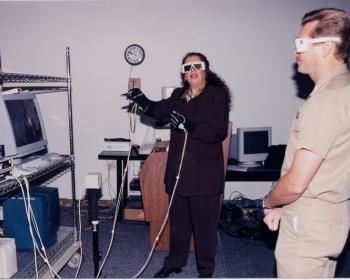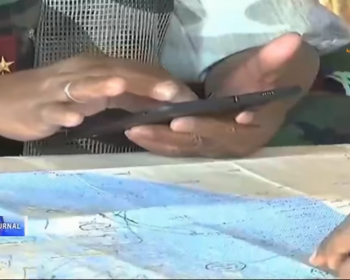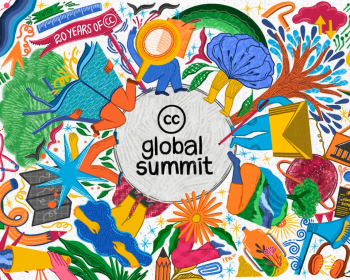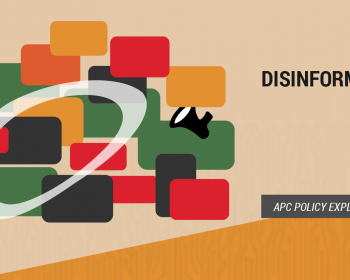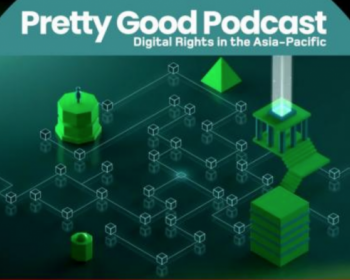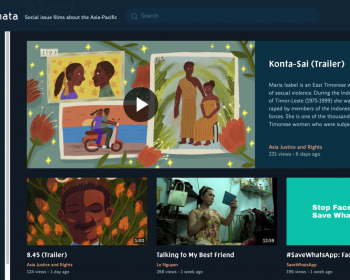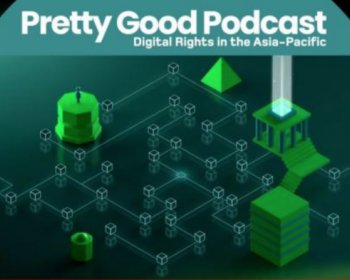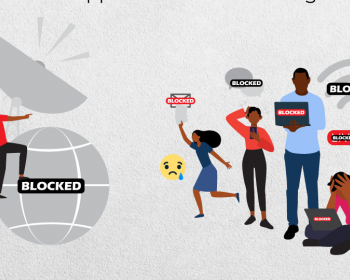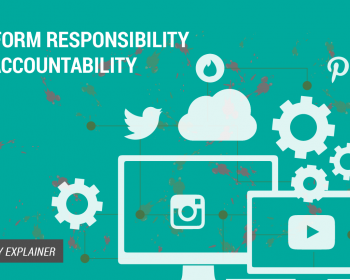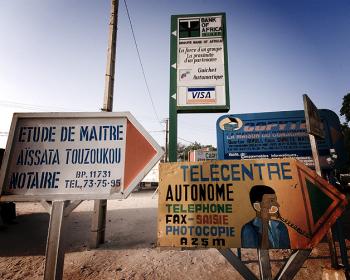Media and ICTs
Facebook-Meta's metaverse might be less Toy Story and more like The Matrix. Either way, here are five reasons we need to be cautious about the ethics of such virtual visions.
Media (or free media) are important facilitators of public discourse and of the environment for democracy and rights.
Frederick Noronha, co-founder of APC member Bytes for All Bangladesh, participated in the 2021 Creative Commons Global Summit and has shared a few links to a selection of diverse and exciting initiatives that were introduced at the event.
APC considers disinformation to be a complex and multifaceted problem that cannot be properly addressed by a fragmented approach. It is also a multistakeholder challenge that requires dialogue between different sectors. In this document, APC explains why, where and how we work on this issue.
With Big Tech monopolies owning many of the online services we regularly use, is there still a space (and an audience) for platforms and content outside this mostly proprietary ecosystem?
EngageMedia has launched Cinemata.org, a platform for social and environmental films about the Asia-Pacific that curates videos in a variety of styles and genres, including documentary, fiction, animation, experimental, and more.
In early 2021, the Australian government enacted the News Media and Digital Platforms Mandatory Bargaining Code, which requires Facebook and Google to pay Australian media for their news content.
This study sought to explore the impact of the recent internet shutdown on journalists during the election period in Uganda. It further captures specific journalist experiences of the internet shutdown on their work both in the city and countryside.
Companies should use international human rights law as the authoritative global standard for ensuring freedom of expression and other rights on their platforms, not the varying laws of states or their own private interests. In this document, APC explains why, where and how we work on this issue.
In response to national security challenges related to terrorism, ethnic conflict and organised crime, Niger promulgated a new law on the interception of communications, with surveillance implications that threaten the right to free speech and privacy online.

Association for Progressive Communications (APC) 2022
Unless otherwise stated, content on the APC website is licensed under Creative Commons Attribution 4.0 International (CC BY 4.0)



